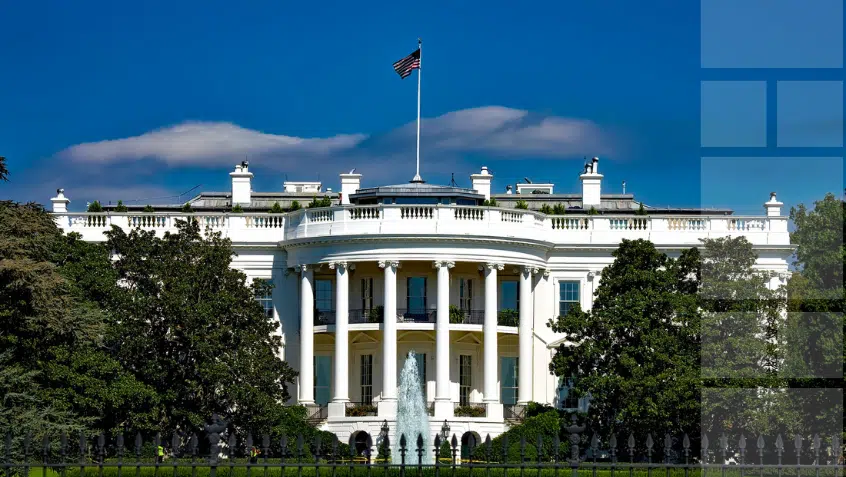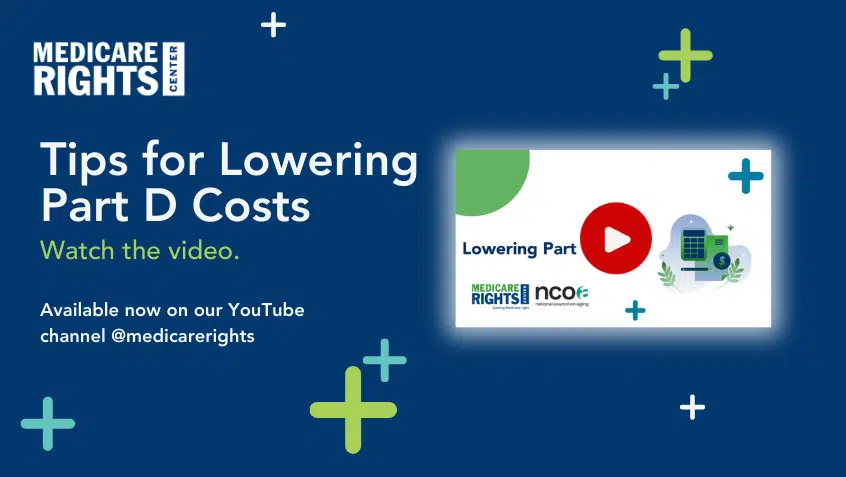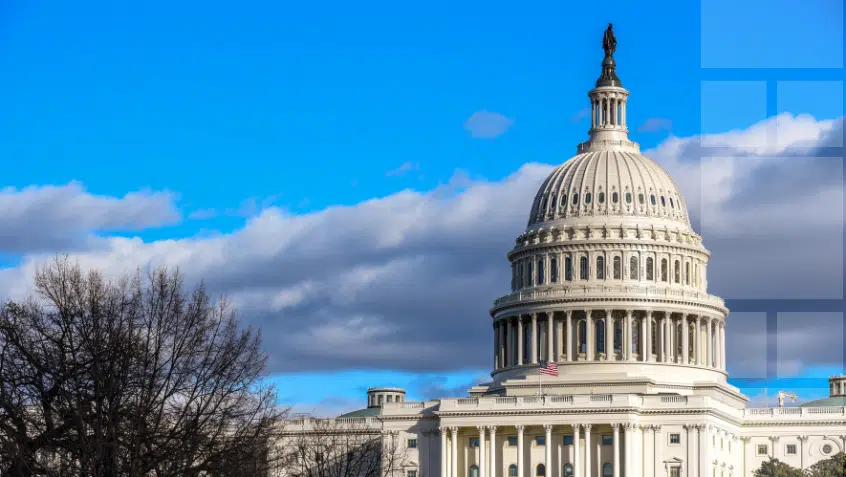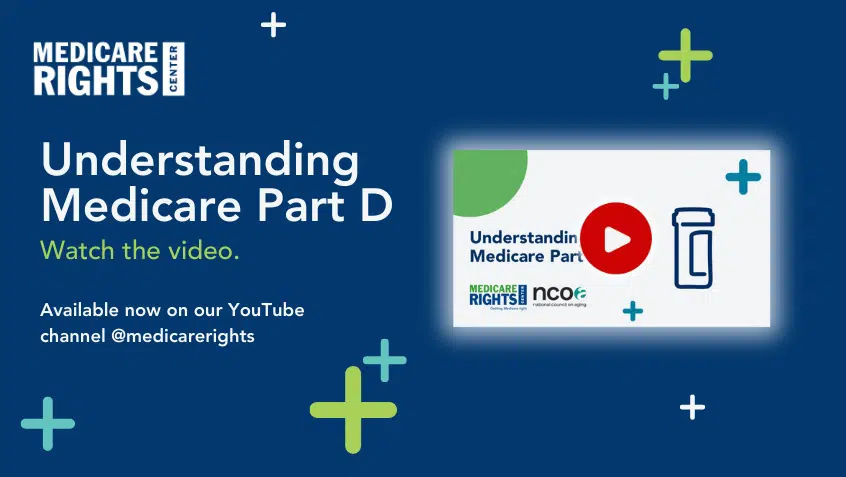Join Us Live for a Discussion on Medicare, Democracy, and the Future of Health Care
Proposed Marketplace Changes Could Harm People with Medicare

In November, the Centers for Medicare & Medicaid Services proposed regulatory changes to the Affordable Care Act’s Health Insurance Marketplaces. We submitted comments this week, in which we raise concerns with several aspects of the proposed rule that could have negative implications for people with Medicare.
CMS indicates it is proposing this rule in part to ensure that people are in the “most appropriate type of coverage.” While Medicare Rights supports this goal, we disagree with the agency’s proposal to achieve it by automatically terminating Marketplace coverage for people who are eligible for or enrolled in Medicare Part A. Doing so would create coverage gaps, as the affected individuals may not have Medicare Part B or the ability to immediately enroll. Losing their Marketplace plan, therefore, would cause these consumers to lose access to comprehensive health coverage—putting their health and economic security at risk. Instead of abruptly eliminating dual enrollees’ access to critical medical care, we strongly urge CMS to help these individuals make optimal coverage decisions in advance.
Currently, there are people over 65 with Marketplace coverage who are not yet fully enrolled in Medicare. Some of these people may not have Part B because they mistakenly delayed or declined enrollment when first eligible, in favor of Marketplace coverage. Others may have been automatically enrolled in Part A—but not Part B—when they began taking Social Security. Still others may be deferring these benefits, along with Medicare coverage. If these dually enrolled individuals were to abruptly lose their Qualified Health Plan (QHP), they would be left without comprehensive coverage. For those without access to a Special Enrollment Period or equitable relief, this could mean lifelong financial penalties and going without coverage for up to a year, until the next General Enrollment Period (GEP).
Instead of terminating QHP coverage and creating these hardships, CMS must better prepare people in the Marketplaces to transition to Medicare. Based on our experience assisting people with Medicare and their families, dual Medicare-Marketplace enrollment is generally a symptom of a larger problem—the need for better outreach to Marketplace enrollees who are or will soon be eligible for Medicare. Though we applaud CMS’ recent efforts to improve its materials and process, we continue to hear from individuals who are confused or misinformed about how Medicare and the Marketplaces interact and who face significant coverage and financial challenges as a result.
For example, Ms. R, a former Medicare Rights client, was enrolled in a Marketplace plan when she became eligible for Medicare due to age in 2015. She was not collecting Social Security retirement benefits at the time, so she received no notice about her Medicare eligibility. Unaware that she needed to enroll in Parts A and B, she did not do so. She was also unaware that this put her at risk of a late enrollment penalty and a gap in coverage. Upon realizing her mistake in 2016, she tried to immediately enroll in Medicare. But under the law’s enrollment rules, she had to wait until the 2017 GEP to access coverage. Fortunately, Ms. R was able to maintain her QHP during this transition. If instead the Marketplace had terminated her plan, she would have been left uninsured and highly vulnerable to adverse health circumstances and the associated out-of-pocket costs.
While our work with Ms. R and other clients generally supports CMS’ assertion that for many consumers, concurrent enrollment in Medicare and a Marketplace plan “does not represent an informed decision” we do not agree that the solution is to remove beneficiaries from this decision-making process. Rather, CMS must address the underlying issue of inadequate beneficiary education by supporting Marketplace enrollees in choosing the best coverage for their unique needs.
Troublingly, the absence of front-end beneficiary education is not unique to Marketplace enrollees. We continue to urge CMS and the Social Security Administration to work together to notify everyone who is approaching Medicare eligibility about enrollment rules and their responsibilities, including active Part B enrollment and information about Medicare Savings Programs, Part D Extra Help, and other coverage decisions.
Though well-intentioned, this proposed rule could have significant, adverse consequences for people with Medicare. Currently, dual Medicare-Marketplace enrollees can voluntarily choose to terminate their QHP coverage and enroll in Medicare. Instead of circumventing this process, we encourage CMS to improve it by giving enrollees more control over their health coverage and costs—not less. Accordingly, we urge CMS not to finalize the rule as written, in favor of an approach that includes safeguards necessary to maximize beneficiary choice and minimize gaps in coverage.
Read more about enrollment issues and one potential solution: the BENES Act.
Show Comments
We welcome thoughtful, respectful discussion on our website. To maintain a safe and constructive environment, comments that include profanity or violent, threatening language will be hidden. We may ban commentors who repeatedly cross these guidelines.
Help Us Protect & Strengthen Medicare
Donate today and make a lasting impact
More than 67 million people rely on Medicare—but many still face barriers to the care they need. With your support, we provide free, unbiased help to people navigating Medicare and work across the country with federal and state advocates to protect Medicare’s future and address the needs of those it serves.
The Latest
Most Read
Add Medicare to Your Inbox
Sign up to receive Medicare news, policy developments, and other useful updates from the Medicare Rights.
View this profile on InstagramMedicare Rights Center (@medicarerights) • Instagram photos and videos









